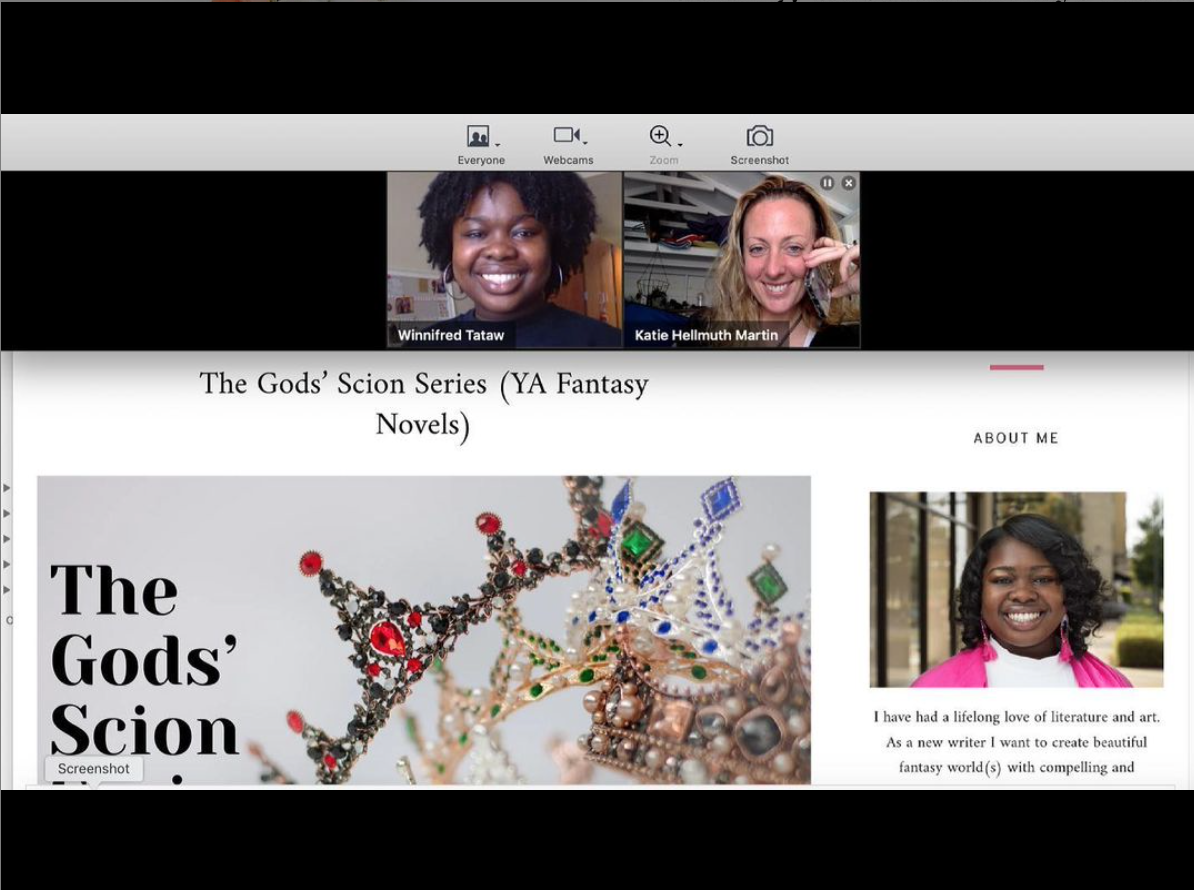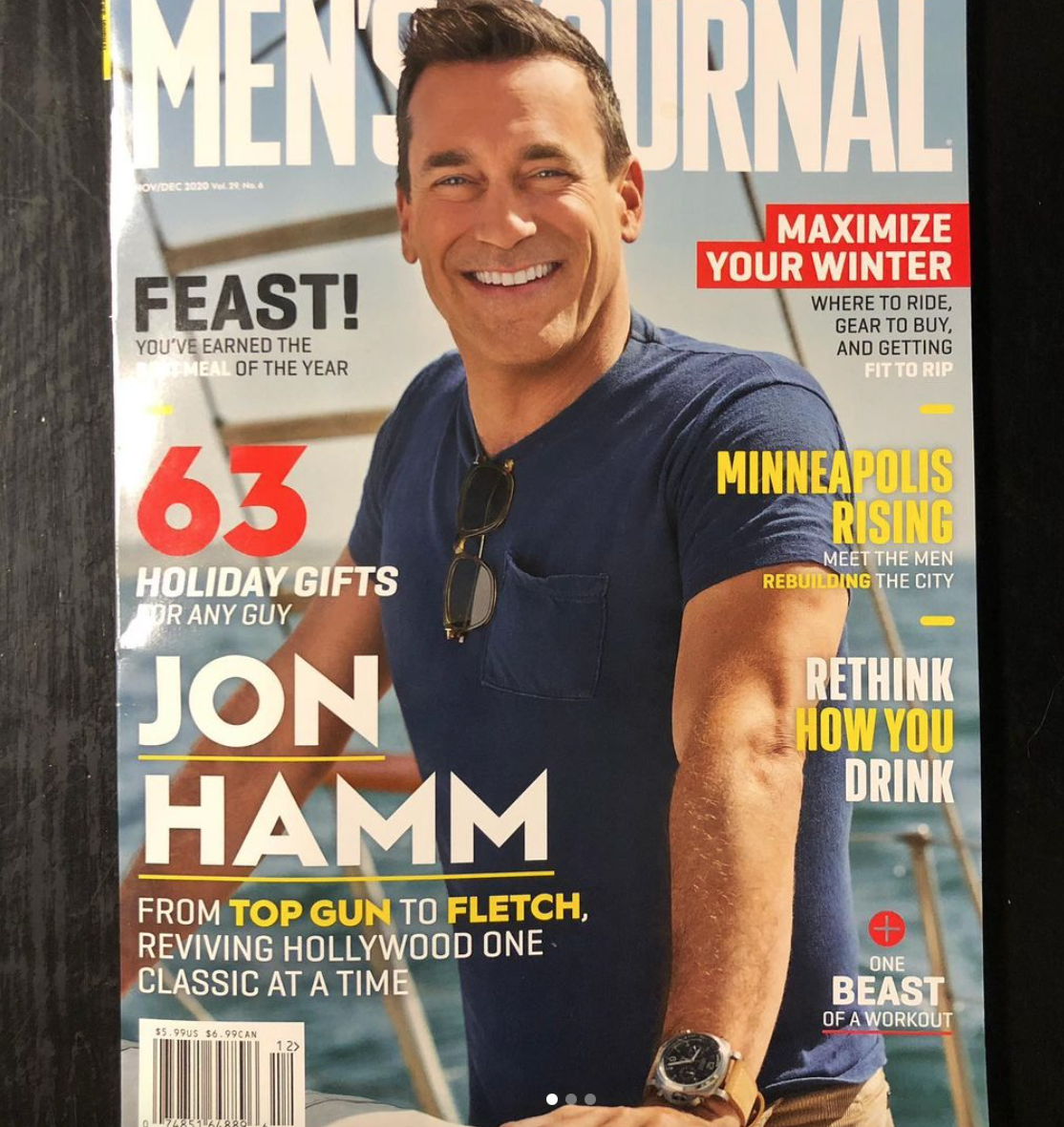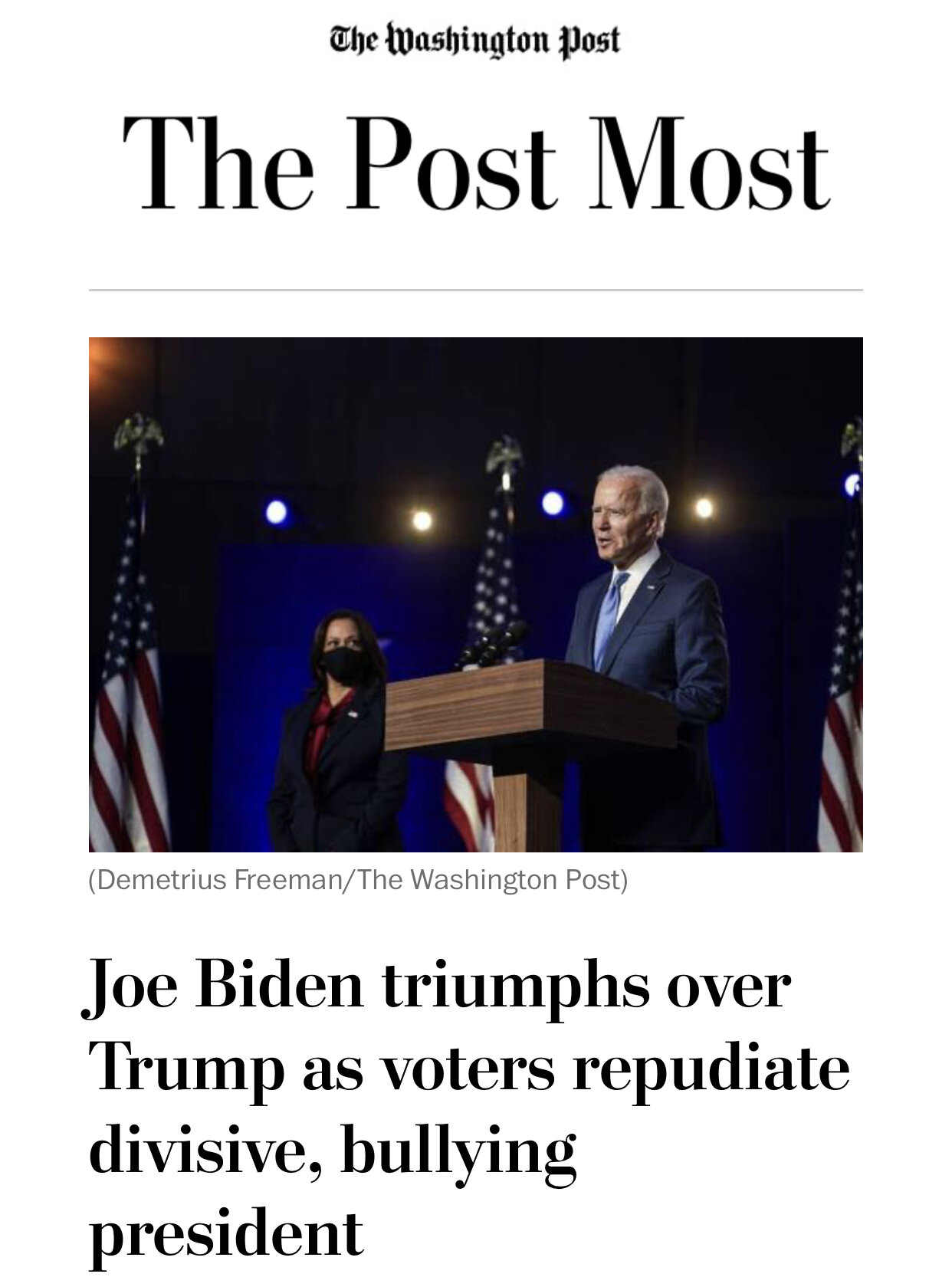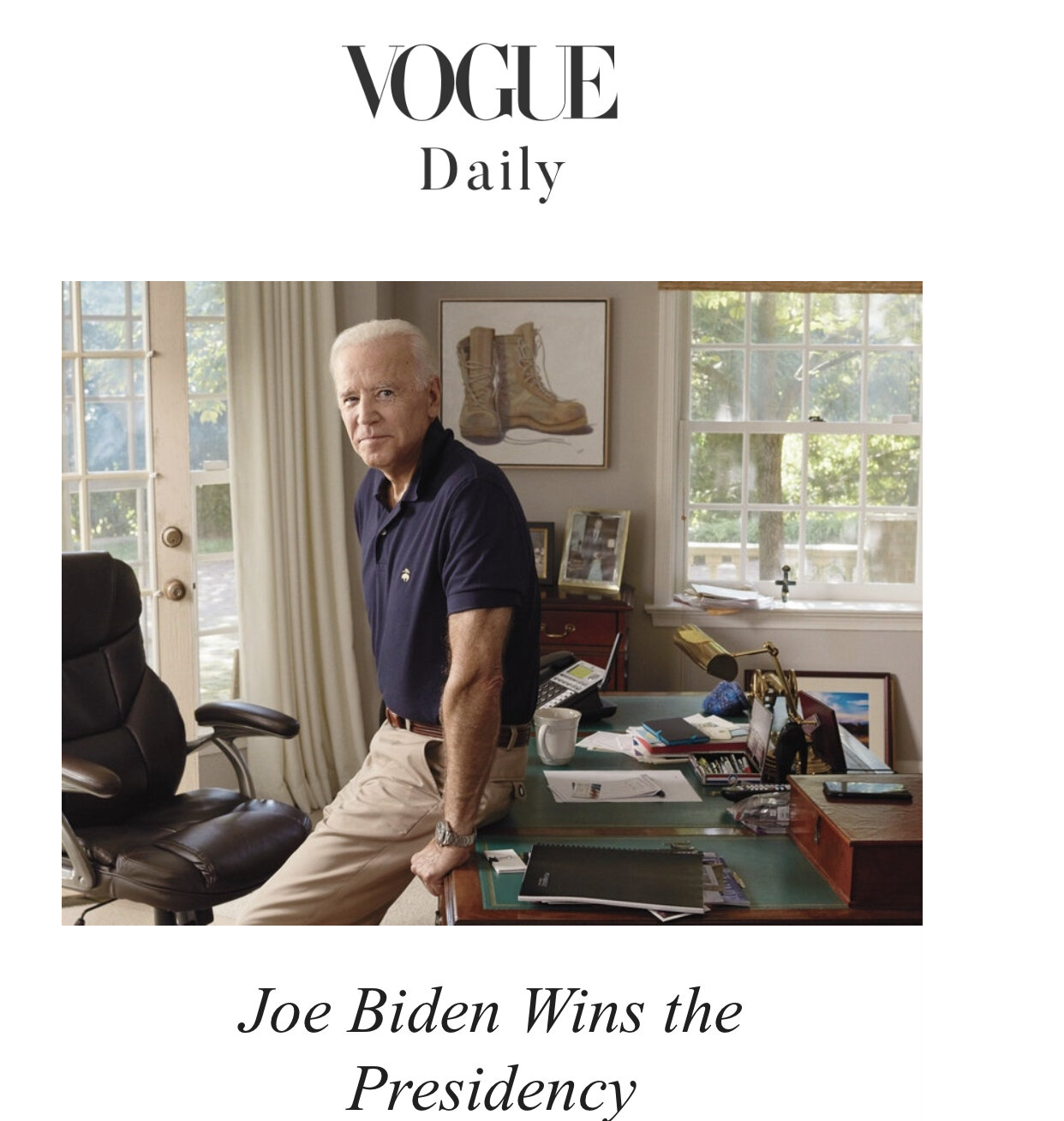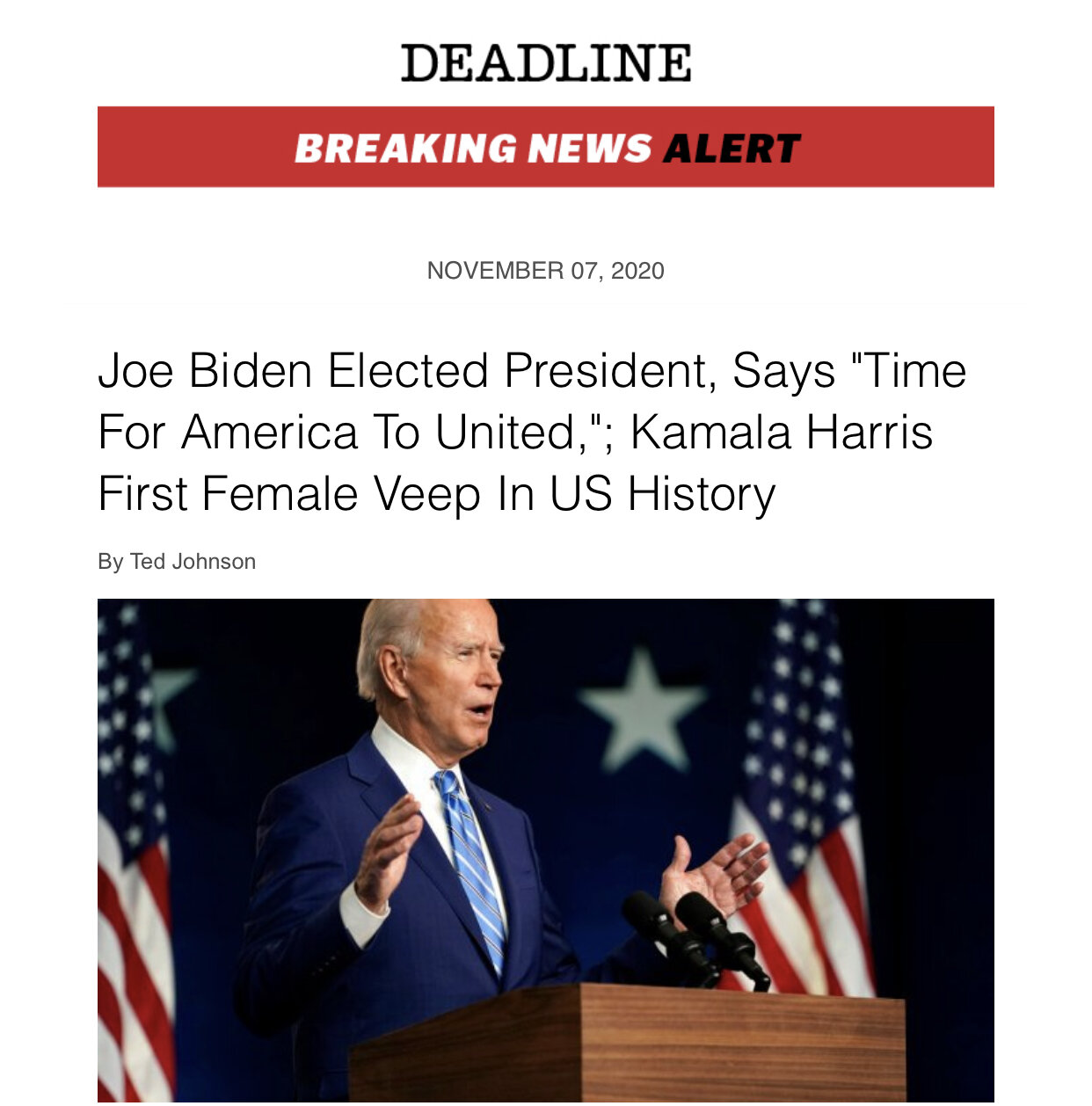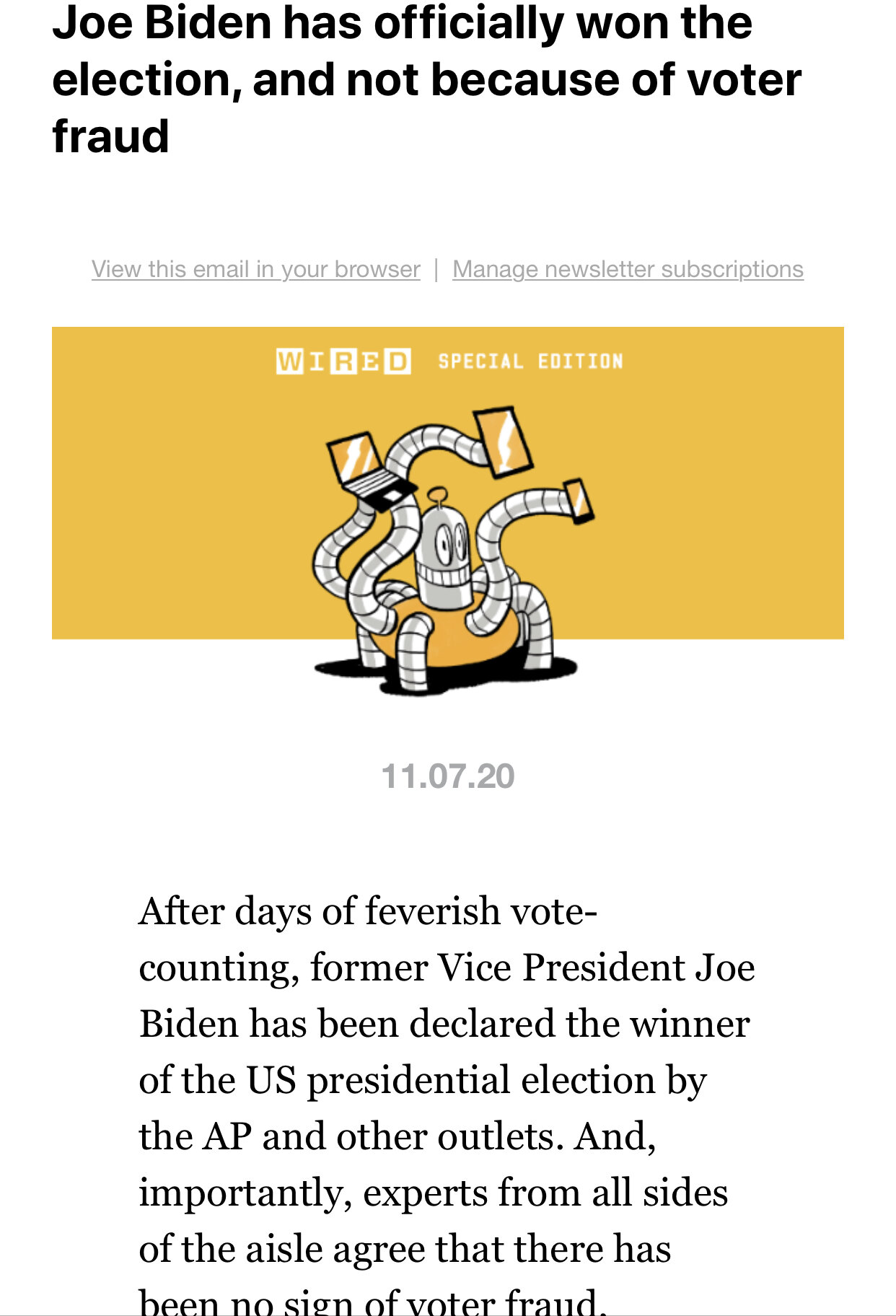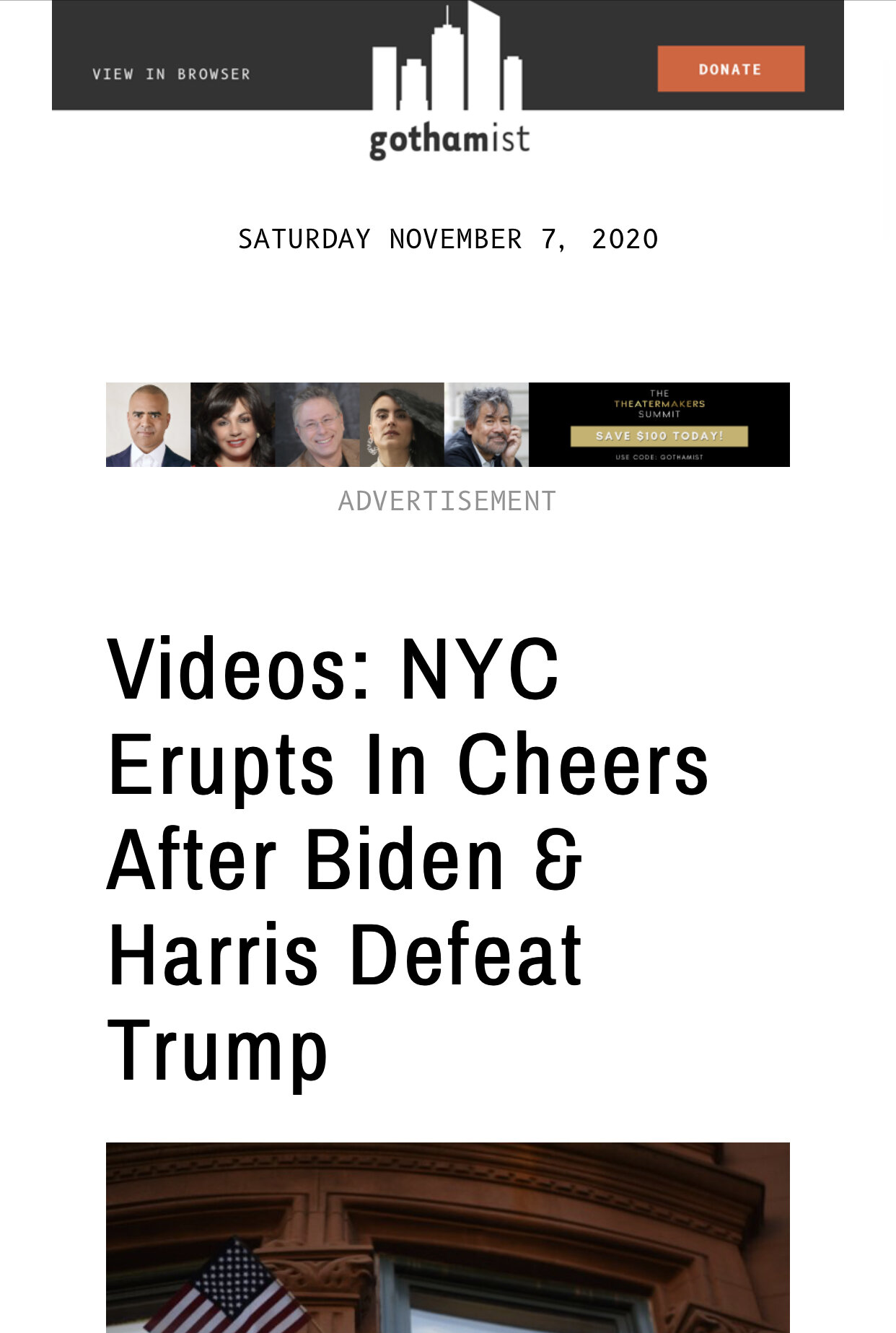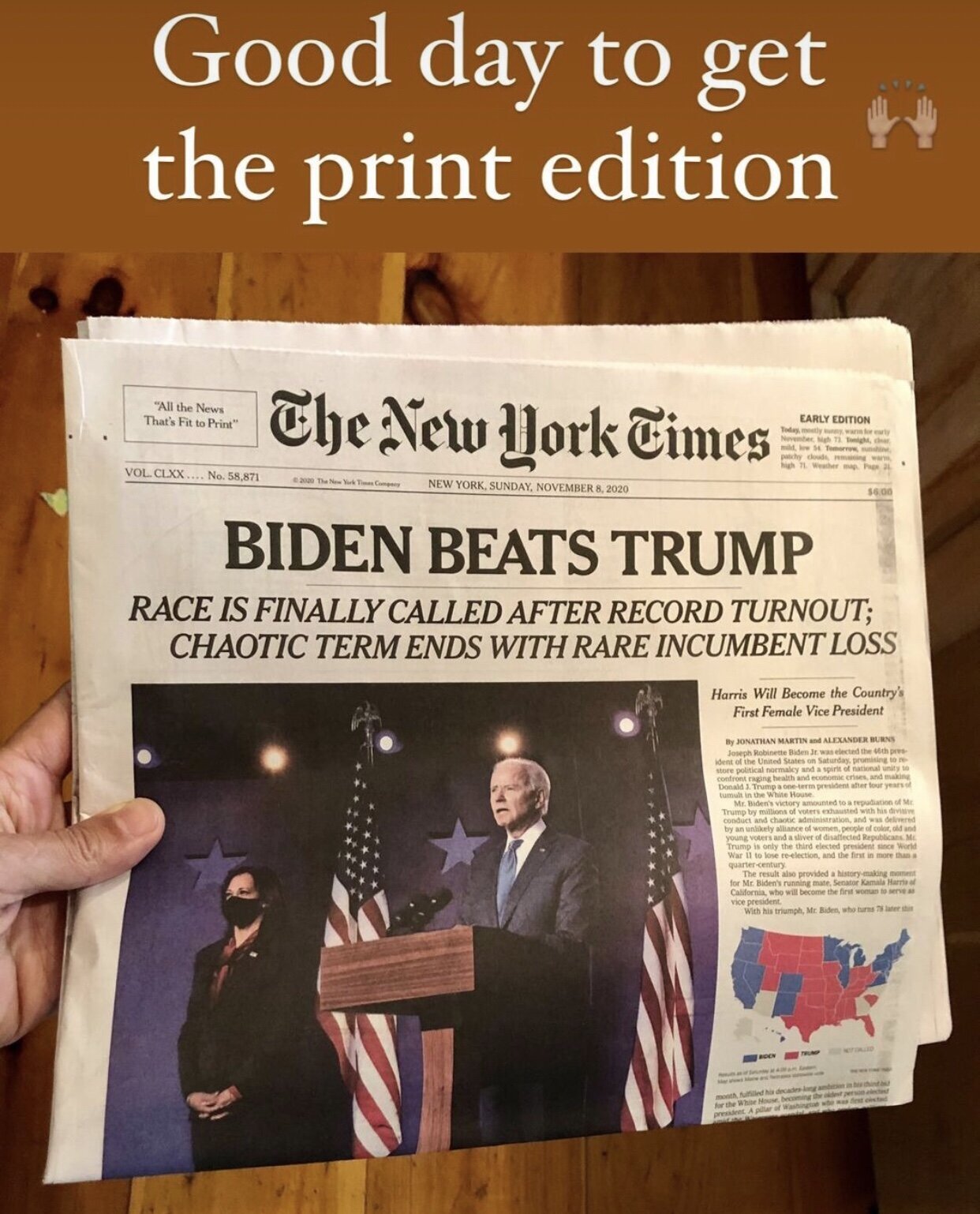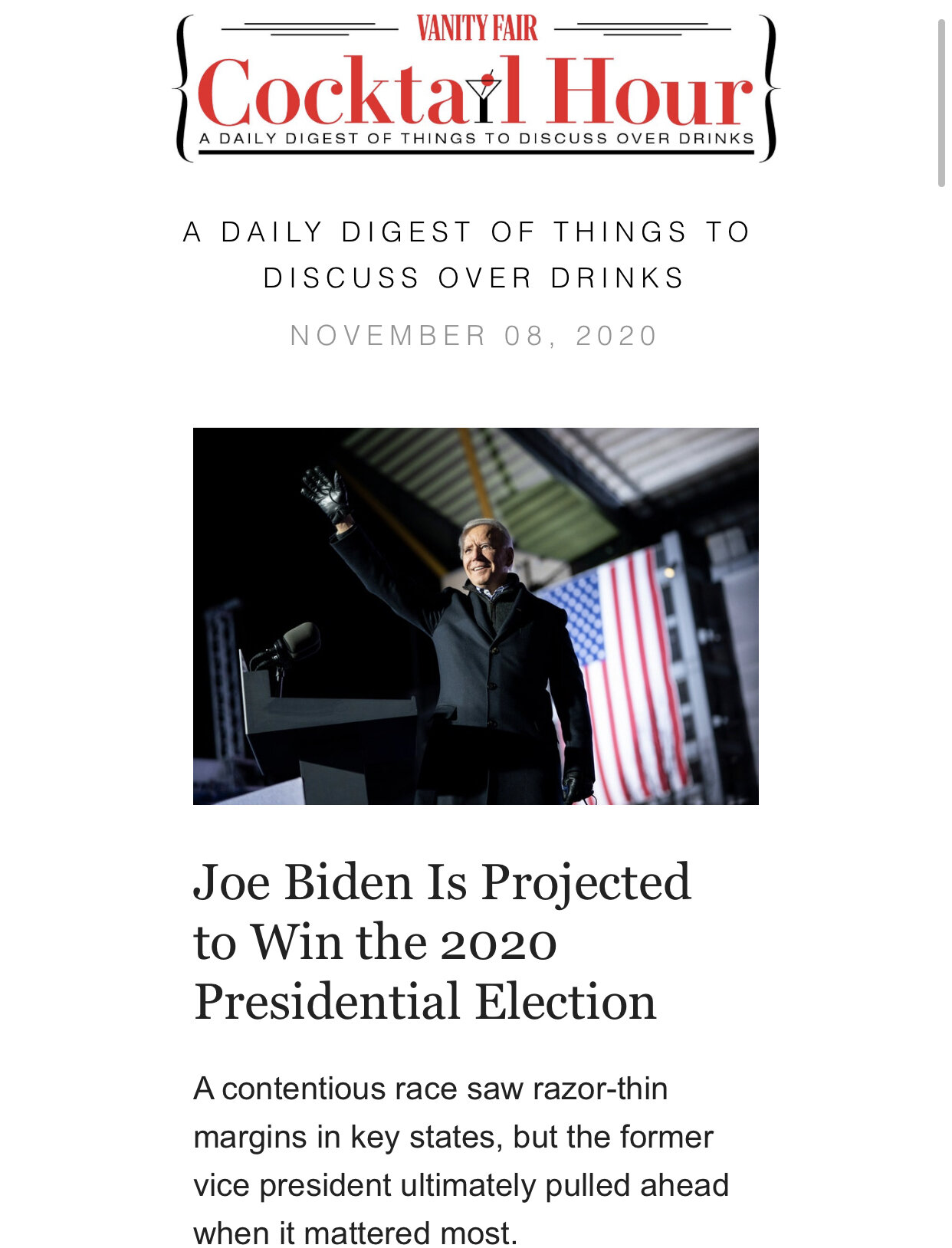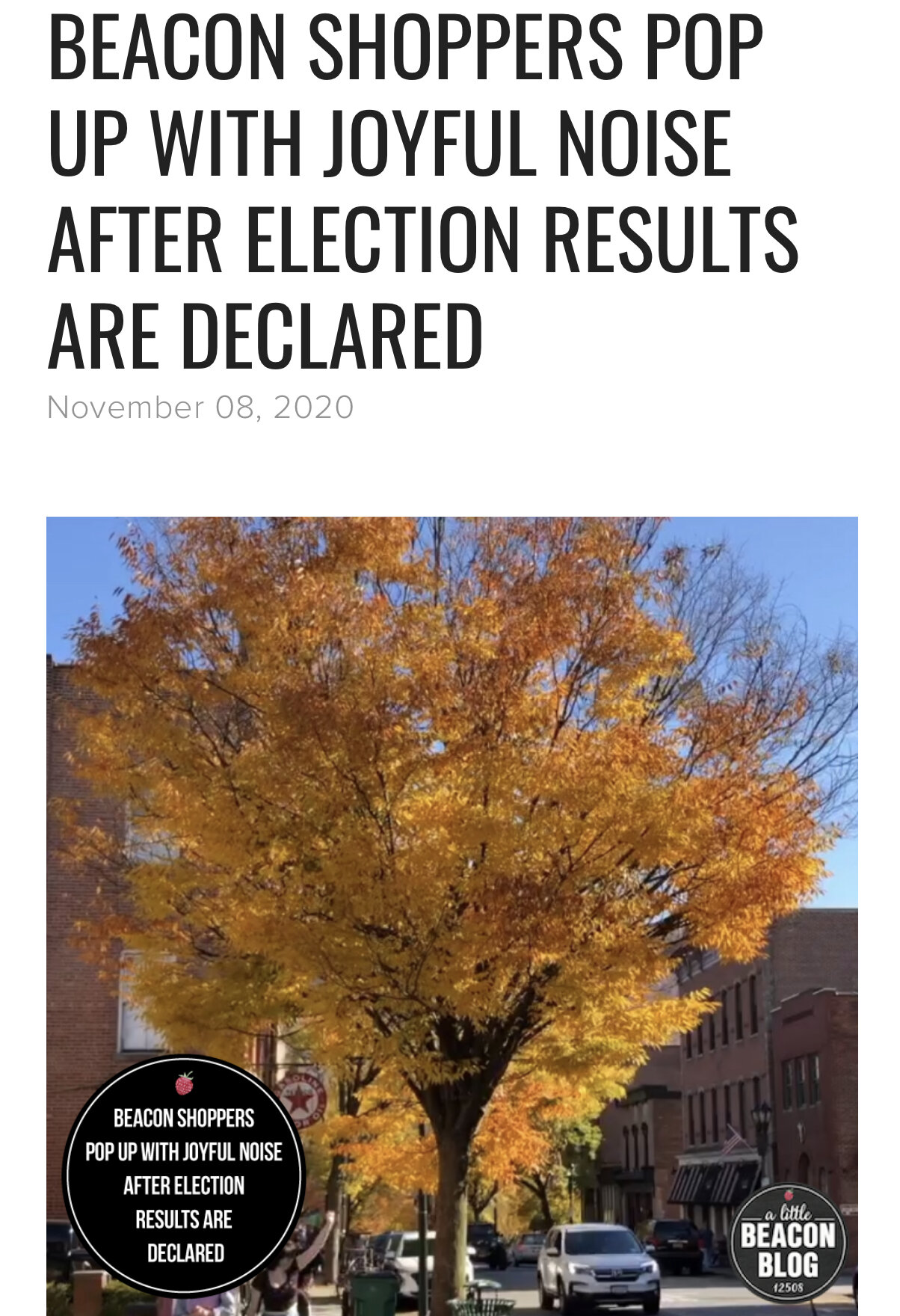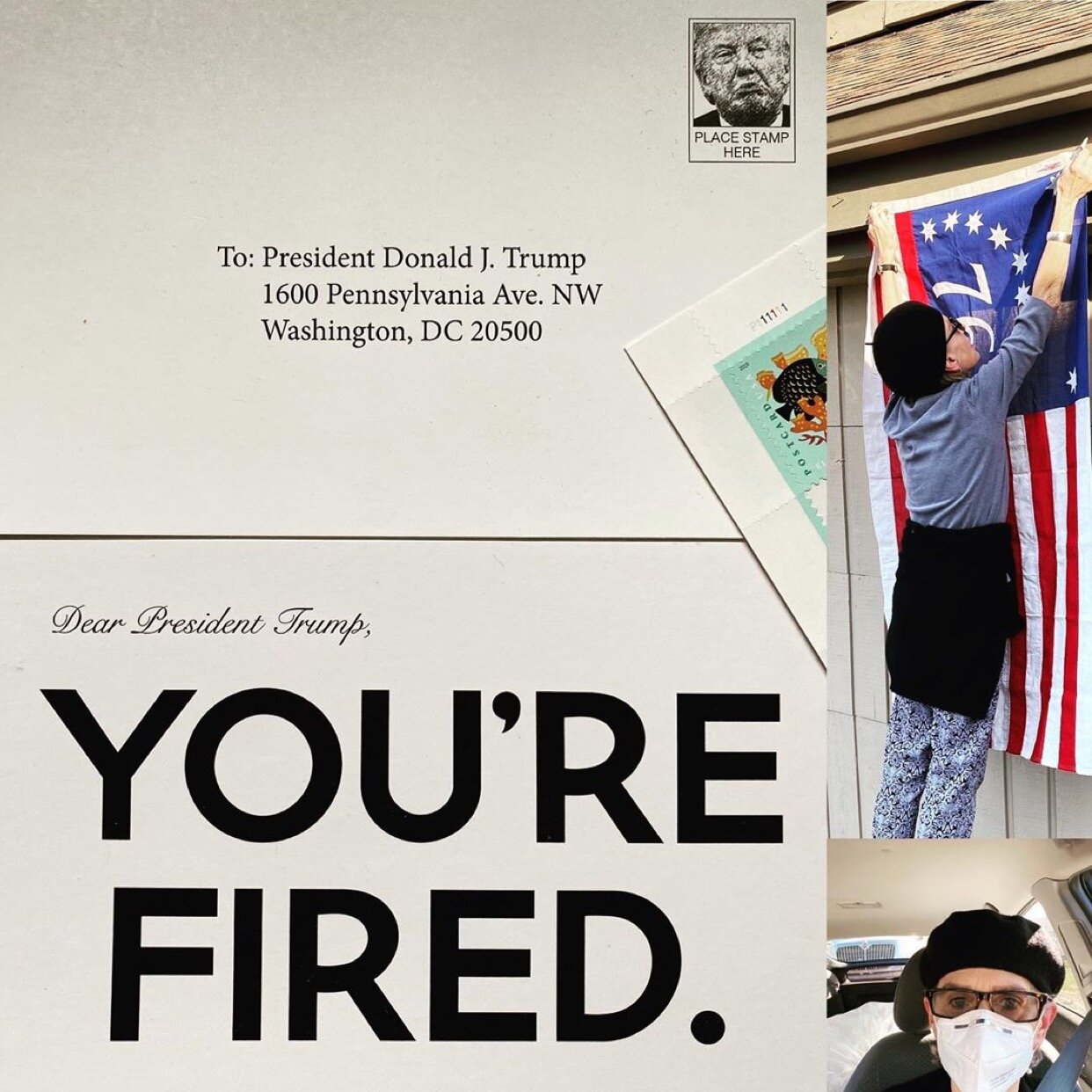Happy Monday!
Every week, there is a new majorly racist development that happens, which makes its way into the media, how people shop, what they are talking about in social media, and what the news media is looking to cover.
Tin Shingle is here to understand it with you, as these national and wordly developments do make a difference on your business because this is a human issue, and your business serves humans!
During this year of 2021, while we try to focus on what we used to focus on, these developments, like the Meghan and Harry Interview, or the Sharon Osborn fallout/departure, and even the Scott Rudin Total Takedown (!!), occupy the minds of the media, academia, public school curriculum, job applications and hiring, and so much more.
Therefore, from time to time, Tin Shingle's owner Katie will appear on IG Live with widely respected/loved/quoted empathy-based relationship therapist and antiracism counselor Moraya Seeger DeGear, LA, LMFT (see her latest feature in Refinery29 on Ghosting feeling worse during the pandemic).
Catch some of our past IG Lives here at Tin Shingle's Instagram, where we discussed the Rachel Hollis HOT MESS of a Wow (yet did not surprise many who knew her), as well as the Meghan and Harry Interview, and what Moraya was hearing from interracial families regarding uncomfortable conversations, as well as the importance of talking about anxiety, and believing people who express feeling it.
To Be "Not Racist" Needs To Be Antiracist
Time and again, when Big Things happen in the local or national media, people respond. When business or local government does not respond, it is sending a big signal. Tin Shingle wants to be sure you are aware of this, so that silence might not be interpreted supporting a message you actually don't support.
Listen to this TuneUp with Moraya and Katie: "How Can/Should Your Business Handle Race Publicly?" to better understand your role in these everyday developments. Tin Shingle is leaving it open for all to access any time. It's an easy listen - we are really friendly! There may be points covered you hadn't considered.
Being antiracist can take many shapes, or come in the form of different hats. You don't need to wear all of the hats! Some forms antiracist behavior takes:
Sponsoring or supporting a business who is actively and very visually antiracist, or promoting education about it.
Putting a sign in your window or yard (goes a long way! listen to Moraya, who is Japanese, Black and White, say how it makes her feel)
Liking someone's post. Super simple, I know. But some people won't even do that!
Saying "Hi!" to people you normally shy away from.
Putting up something in your social media (but you need to back it with a few other behaviors as well, like carrying a Black-owned designer, or hiring a Black friend, or amplifying messages your Black friends or clients are trying to get across).
Including an antiracism and coaching session in your Mothers Day Gift Giveaway - Wow, Togetherish Mom!
This Movement Even Results In Scott Rudin
Scott Rudin is a major producer behind so many movies and plays you love. He is currently being wiped from the boards. The canceling of Scott Rudin is major because everyone knew about his bully behavior. Many experienced it. As a power player, he shaped lives.
He is being taken down now - in Tin Shingle's opinion - because ears are open. Beyond racism - this isn't a racially based takedown. As people speak out about injustices, other people are Caring Out Loud. Before, people might of cared inside, but now power players are acting to stop these behaviors from being ones that most people need to live with.
For those in the back of the room who are thinking: "I wish media would stop fanning the flames of racism and treat everyone equally," know this: this is how equality gets here. Scott Rudin is mentioned in today's message because of what the 2020 Injustice Movement did. The Black Lives Matter movement. Instead of rejecting racism, know that it is a world-wide problem and exists every single day.
The only way to keep it at bay - every single day - is to be antiracist. Not angry. All love! Acknowledging and believing. Being antiracist doesn't mean someone is angry all the time - it just means that they point something out that is uncomfortable to sit with. But sitting with it is required, and then taking action on that reality is the next step. Which is something your business can be part of in different ways.
Learn more about this on Ibram X. Kendi’s new podcast, “Be Antiracist,” which you can read more about here.
Peace, and have great Mondays!




